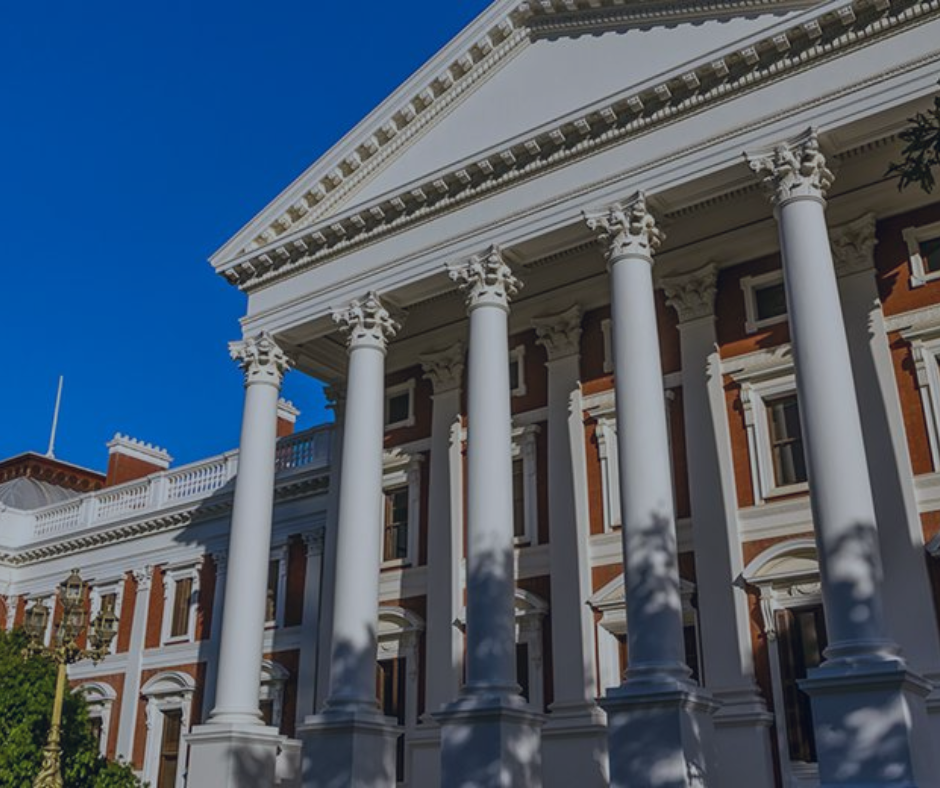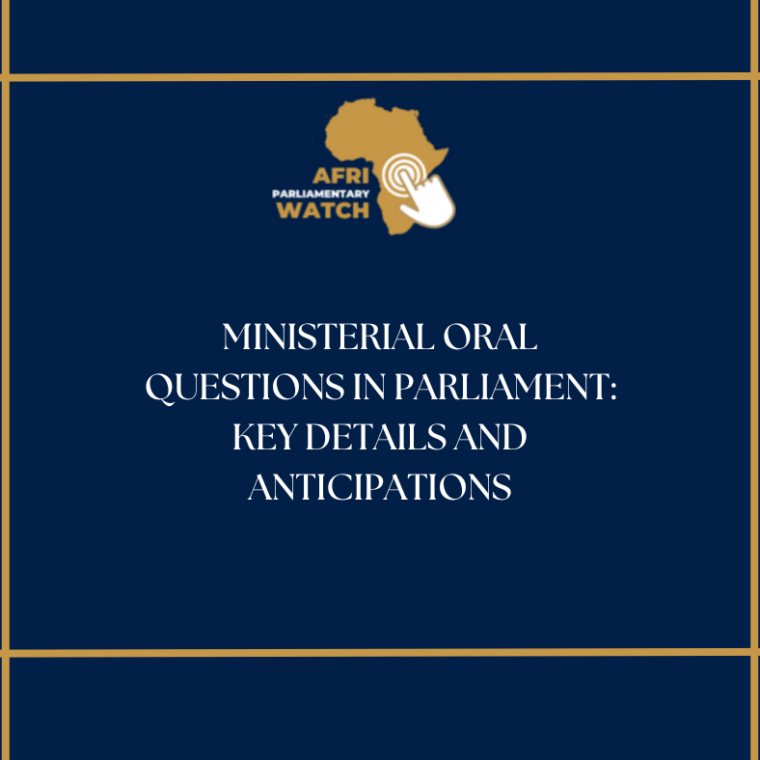May 2025 Budget Parliamentary Hearings – Government Response
To read the full document, click here
The South African government’s official response to the May 2025 Parliamentary Fiscal Framework Hearings outlines its fiscal strategy, stakeholder engagement, and key policy decisions for the upcoming financial years.
Key Highlights:
-
Stakeholder Engagement:
The document acknowledges 18 formal submissions from various organizations including COSATU, SAICA, EFF, BJC, and private sector entities like SAB and Heineken. The government reaffirms its commitment to transparency and responsiveness in budgetary processes. -
Macroeconomic Outlook:
GDP growth is projected at 1.4% in 2025, with medium-term growth expected to average 1.6% through 2027. Downward revisions reflect weak domestic investment and slower global trade. Debt remains a major concern, projected to reach R6.8 trillion by 2027/28. -
Fiscal Strategy:
The government commits to maintaining a primary budget surplus by 2025/26 to stabilize debt. Over 60% of non-interest spending is allocated to the social wage. An additional R33.7 billion will be directed to infrastructure investments over the medium term. -
Revenue Measures:
Gross tax revenue projections are revised down by R61.9 billion over the MTEF. To offset spending increases, tax proposals aim to raise R18 billion in 2025/26 and an additional R20 billion in 2026/27. Key measures include fuel levy inflation adjustments, higher excise duties on alcohol and tobacco, and tightened personal income tax relief. -
Infrastructure and PPP Reforms:
R1.1 trillion is allocated for infrastructure, including energy, water, and transport. The government is strengthening its PPP framework to attract private investment. Performance-based financing and a central project coordination body will be introduced. -
Social Protection:
Social grants have been adjusted for 2025/26 but will be scaled back in outer years. The SRD grant is extended to March 2026. Broader social protection reforms remain under consideration. -
Public Sector Reforms:
Measures include early retirement incentives, ghost employee identification, and spending reviews to cut inefficiencies. Education and health receive an additional R30.4 billion combined over the MTEF. -
Fuel Levy and VAT Proposals:
Fuel levy relief from previous years is discontinued; VAT rate hikes proposed in March 2025 have been withdrawn. The government justifies levy adjustments as necessary for fiscal sustainability and environmental pricing. -
State-Owned Entities (SOEs):
The document confirms no new bailouts. Eskom’s revised debt relief includes R40 billion in 2025/26 and R10 billion in 2028/29. SOCs remain fiscally risky due to operational and governance challenges. -
Budget Process Reform:
The Treasury plans to enhance fiscal transparency and participation, modernize the medium-term expenditure framework, and strengthen fiscal rules. Cabinet will lead spending reform efforts, including eliminating underperforming programs.
This document illustrates the government’s balancing act between maintaining fiscal discipline, promoting growth through infrastructure investment, and supporting vulnerable populations within a constrained economic environment.





